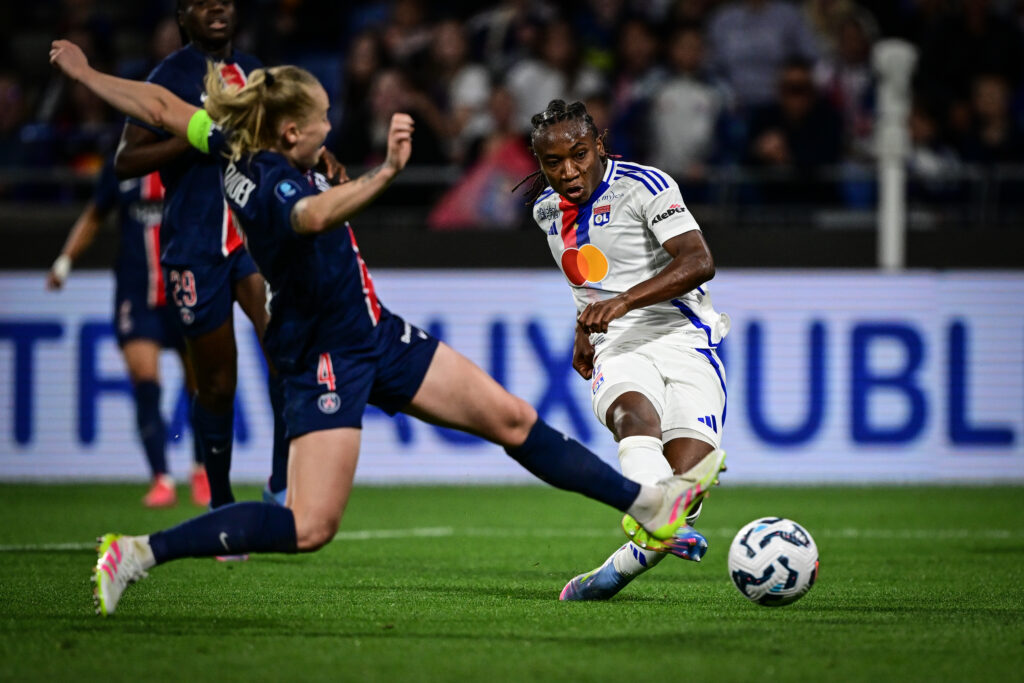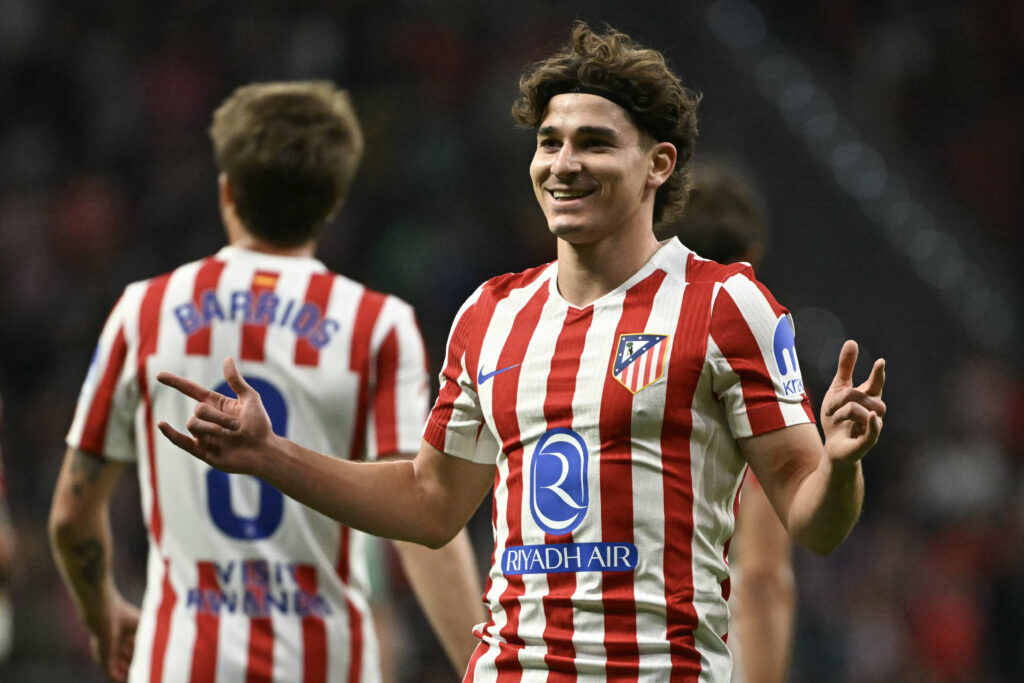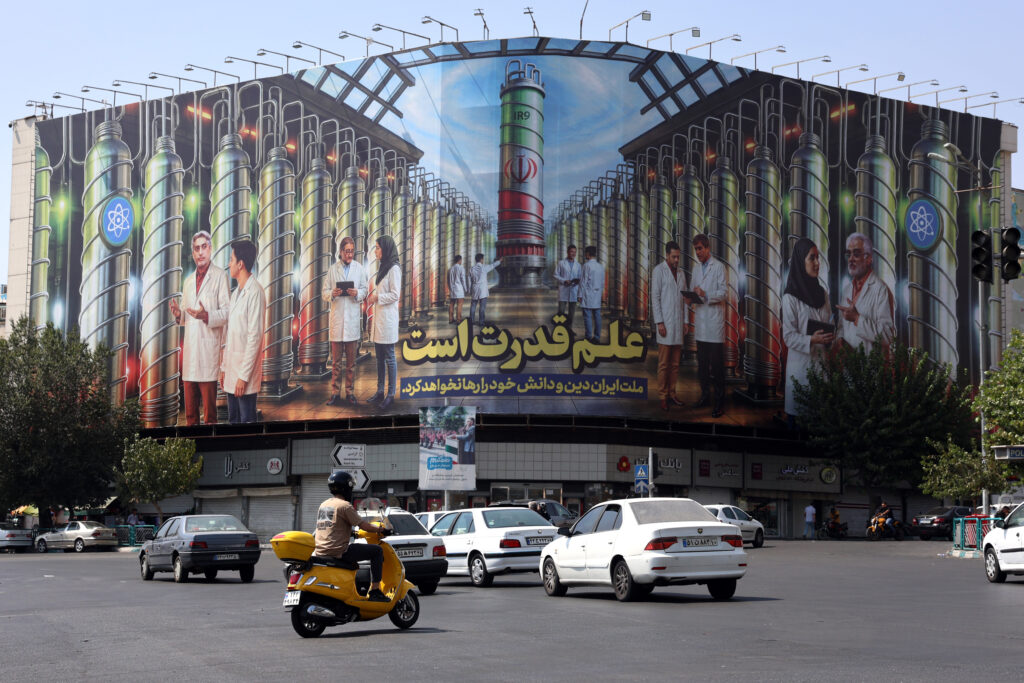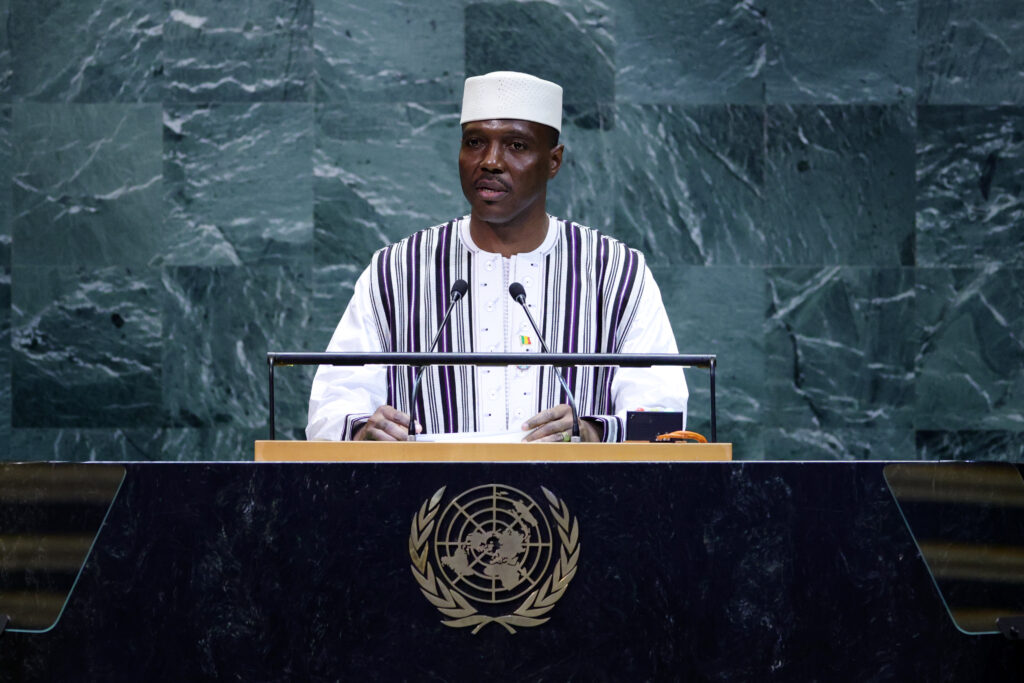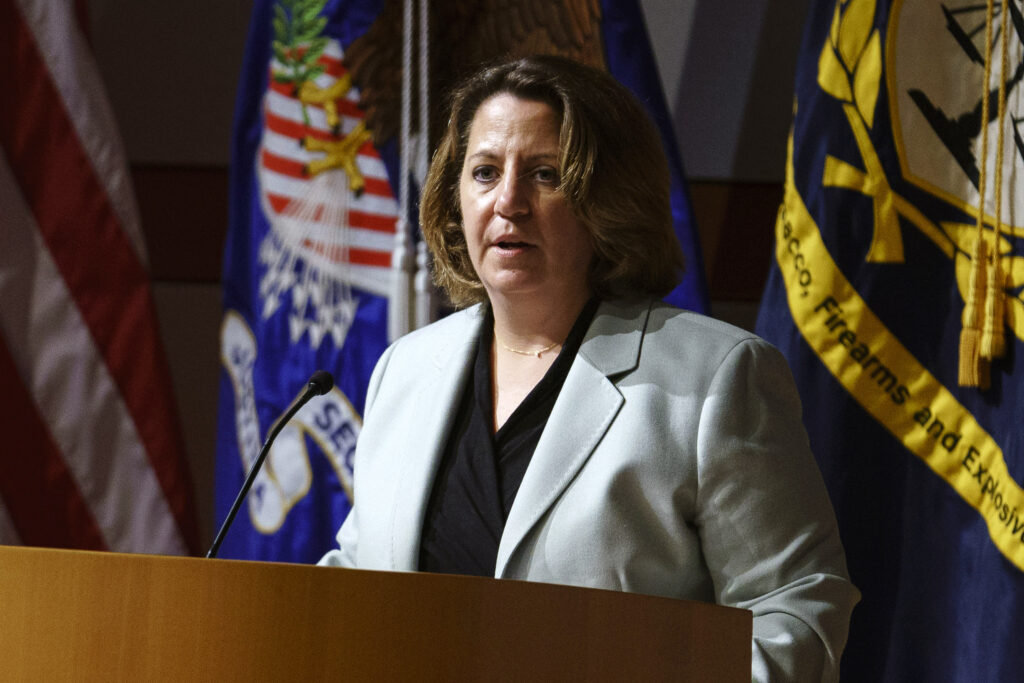Foot: OL Lyonnes – PSG, toujours un choc malgré l’écart qui se creuse
Avant le début de la Ligue des champions début octobre, l’OL Lyonnes et le PSG s’affrontent samedi (21h00) en Première ligue pour le premier choc de la saison malgré l’écart qui se creuse entre les deux clubs.”Par rapport aux dernières saisons, le match arrive un peu tôt mais avec la Ligue des Champions qui approche ensuite, il est important pour nous de monter en rythme”, a expliqué la capitaine lyonnaise Wendie Renard, avant l’affiche au Groupama Stadium, où le club espère dépasser la barre des 10.000 spectateurs (sur les 60.000 places) en mettant en place des animations avant et après la rencontre. Lyon-Paris, c’est la grande rivalité de la Première ligue mais elle est outrageusement dominée par l’OL Lyonnes qui règne sur le championnat depuis 2007 avec 18 titres, contre un seul pour le PSG (2021), de plus en plus impuissant face à la force de frappe des Lyonnaises.En mai, leur dernier affrontement en finale du championnat s’est achevé sur une défaite 3-0 des Parisiennes qui ont depuis perdu deux joueuses cadres, la milieu de terrain Grace Geyoro, partie rejoindre les London City Lionesses et l’attaquante vedette Marie-Antoinette Katoto, qui a garni les rangs de… Lyon.Rien ne devrait équilibrer les débats cette saison au vu de l’effectif lyonnais considérablement renforcé cet été et désormais entraîné par l’ancien coach du Barça Jonatan Giraldez.Pour reconquérir une Ligue des champions qui lui échappe depuis 2022, le club dirigé par la femme d’affaires américaine Michele Kang a recruté sans compter: l’Allemande Jule Brand, l’une des stars du dernier Euro, la Canadienne Ashley Lawrence (ex-Chelsea et ex-PSG), la Brésilienne Tarciane, la Norvégienne Ingrid Engen, mais aussi donc les joueuses du PSG, Korbin Albert et Marie-Antoinette Katoto.- “Mes joueuses sont prêtes” -“Nous avons des recrues qui se sentent bien, cela se passe bien avec le coach, on est toutes contentes”, a commenté jeudi la jeune attaquante Vicki Becho, 21 ans.Pure “titi”, Katoto, 26 ans, a fait le même choix que Tabitha Chawinga, la saison dernière, et que Kadidiatou Diani, il y a deux ans, de quitter Paris pour Lyon.”C’est important d’avoir dans notre effectif des ex-joueuses du PSG pour connaître la mentalité particulière des Parisiennes quand elles jouent contre Lyon”, a expliqué Jonatan Giraldez, qui a considérablement changé le jeu des Lyonnaises depuis son arrivée.Le PSG, lui, est en pleine reconstruction après une saison harassante ponctuée de résultats décevants et de tensions en interne.Emmenées cette année par la nouvelle capitaine Sakina Karchaoui et par les recrues Rasheedat Ajibade, attaquante et capitaine du Nigeria, et Olga Carmona, défenseuse, ancienne capitaine du Real Madrid, les Parisiennes, toutes disponibles samedi, cherchent à rebondir avec le départ de Geyoro et Katoto.”Je ne regarde pas les noms des joueuses là-bas, ce qui m’intéresse c’est que mes joueuses soient prêtes pour ce match”, a expliqué vendredi Paulo Cesar, conforté cet été à son poste après son intérim en fin de saison dernière à la suite de l’éviction de Fabrice Abriel.”Le futur, c’est que nous allons être compétitives, je n’ai que des internationales, j’ai beaucoup de confiance en mes joueuses”, a insisté le coach, “satisfait” du mercato, durant le lequel le club a tenté de faire venir la star espagnole Alexia Putellas. En vain.
Espagne: duel de héros entre Alvarez et Mbappé dans le derby de Madrid
L’attaquant argentin Julian Alvarez, auteur de son premier triplé avec l’Atlético Madrid mercredi, et le buteur français du Real Madrid Kylian Mbappé, inarrêtable depuis le début de saison, s’affrontent samedi dans un duel qui pourrait déjà influencer la course au titre en Liga. Il a ressorti son costume de super-héros au meilleur moment: surnommé “l’araignée” pour sa célébration rendant hommage au Spiderman de Marvel, Julian Alvarez a piqué à trois reprises pour renverser le Rayo Vallecano (3-2) et réveiller les Colchoneros, à moins de 72 heures d’un derby déjà décisif.D’une belle volée du gauche, d’abord, puis un but de roublard dans la surface, et une frappe limpide, encore du gauche, l’ex-attaquant de Manchester City a fait oublier un début de saison timide, marqué par un échec sur pénalty face à Majorque (1-1).”Julian est notre meilleur joueur. Nous devons prendre soin de lui, faire en sorte qu’il reste longtemps ici, à l’Atlético Madrid. Nous devons l’aider afin qu’il puisse continuer à s’améliorer et à faire la différence comme il l’a fait aujourd’hui”, l’a encensé son entraîneur Diego Simeone à l’issue du match.”Avoir des joueurs de cette envergure, dans ce genre de matches qui tournent mal, où l’adversaire nous met des bâtons dans les roues, cela peut vous permettre de remporter un match. C’est un privilège de l’avoir dans l’équipe et j’espère qu’il nous offrira d’autres matches comme celui-ci”, a renchéri son coéquipier Marcos Llorente. A commencer par samedi (16h15), sur la pelouse du Metropolitano, où le champion du monde argentin de 25 ans arrivera libéré par son triplé, mais pas de l’immense responsabilité qu’implique son pouvoir: celui de renverser un match à lui seul. Avec un air de revanche, également, six mois après son tir au but annulé en huitième de finale de la Ligue des champions face à l’ennemi merengue, qui a poussé les instances internationales du football à clarifier les règles en cas de double-touche sur pénalty.- Mbappé sur les pas de CR7 -Sur un nuage pour sa deuxième saison à Madrid, Kylian Mbappé n’a pas encore de costume de super-héros attitré, même si son coup de rein retrouvé et ses accélérations dévastatrices pourraient rappeler l’insaisissable Barry Allen, dit “The Flash”, égérie de DC Comics.Il est cependant comparé à celui qui s’en rapproche le plus, pour les supporters madrilènes: son idole Cristiano Ronaldo. Affûté après un été enfin “normal”, le Bondynois est “affamé, vorace, insatiable”, écrit le quotidien Marca. “Le Français a activé une nouvelle version que l’on appelle à Chamartin (le quartier du Bernabéu) le +mode CR7+. Un monstre qui a fait du but son addiction préférée”.L’attaquant français, auteur de 11 buts en neuf rencontres toutes compétitions confondues en club et en sélection, réalise le meilleur début de saison de sa carrière, avec une moyenne d’1,28 but par match en Liga.Des chiffres surpassant pour l’instant la meilleure moyenne de Ronaldo lors de sa saison la plus prolifique au Real, terminée avec 61 réalisations en 54 matches en 2014-15.Le nouveau N.10 merengue va tenter de poursuivre sur ce rythme spectaculaire samedi en ouvrant son compteur dans un derby, pour prolonger l’impressionnante série madrilène — sept victoires en sept matches (Liga et C1) depuis le début de saison. Et confirmer, un peu plus, sa prise de pouvoir à la Maison Blanche.
Iran sanctions look set to return even as nuclear inspections resume
Deep sanctions on Iran over its nuclear program look set to go into force once again, even as a UN watchdog confirmed Friday inspections of its atomic sites had resumed. Russia failed in an effort with Beijing Friday to delay the reimposition of the measures on Tehran, with Moscow raising the prospect that it may not enforce the sanctions — despite being required to under international law.European powers triggered the process to reimpose economic sanctions after demanding Iran reverse a series of steps it took after Israel and the United States bombed its nuclear sites in June.The UN’s nuclear watchdog, the IAEA, did confirm Friday that inspections of Iranian nuclear sites had resumed this week after a hiatus following Washington and Israel’s strikes. Resumption of the International Atomic Energy Agency’s inspections was a key measure demanded by the Europeans — Britain, France and Germany.”I signed an agreement with the agency in Cairo and the director general of the agency is quite satisfied and happy,” Iran’s Foreign Minister Abbas Araghchi said.Araghchi has insisted any effort to reimpose sanctions is “legally void,” vowing never to “bow to pressure” on its nuclear program — but left the door open to more talks.Iran’s President Masoud Pezeshkian said Friday Tehran would not leave the Nuclear Non-Proliferation Treaty in retaliation to sanctions being reimposed.China and Russia’s effort to buy time for diplomacy was rejected by nine countries against four in favor.”UN sanctions, targeting Iranian proliferation, will be reimposed this weekend,” said Britain’s ambassador to the UN Barbara Woodward.”We stand ready to continue discussions with Iran on a diplomatic solution to address international concerns about its nuclear program. In turn, this could allow for the lifting of sanctions in the future.”The UN sanctions, notably on Iran’s banking and oil sectors, are set to take effect automatically at the end of Saturday.China and Russia at the Security Council session on Friday pushed a resolution that would have extended talks until April 18, 2026.”We had hoped that us, that European colleagues in the US, would think twice, and that they would opt for the path of diplomacy and dialog, instead of their clumsy blackmail,” the Russian deputy ambassador to the UN told the council prior to the vote.”Did Washington, London, Paris, Berlin make any compromises? No, they did not.”- ‘Several workable solutions’? -France’s ambassador to the UN Jerome Bonnafort told the council all sides had been “trying to find, until the very last moment, a solution.”France — speaking for itself, Germany, and Britain — has told Iran it must allow full access to UN nuclear inspectors, immediately resume nuclear negotiations, and offer transparency on highly enriched uranium, the whereabouts of which has been the subject of speculation.The European nations “and the US have consistently misrepresented Iran’s peaceful nuclear program,” said Araghchi who insisted Tehran had put forward “several workable” proposals.The European countries’ “pursuit of the so called ‘snapback’ is… legally void, politically reckless and procedurally flawed,” he said.The 2015 deal, negotiated during Barack Obama’s presidency, lifted sanctions in return for Iran drastically scaling back its controversial nuclear work.President Donald Trump in his first term withdrew from the deal and imposed sweeping unilateral US sanctions, while pushing the Europeans to do likewise.Steve Witkoff, Trump’s roving envoy who had been negotiating with Iran until Israel attacked, said Wednesday that Iran was in a “tough position” but also held out hope for a solution.But Iran’s president was withering in his assessment of Washington’s diplomatic efforts, claiming that Witkoff and his team were not serious.”We came to understandings a number of times but they were never taken seriously by the Americans,” Pezeshkian told reporters on the sidelines of the UN General Assembly.Iran has long contended that it is not seeking nuclear weapons, pointing to an edict by Supreme Leader Ayatollah Ali Khamenei, and US intelligence has not concluded that the country has decided to build a nuclear weapon.dt-abd-gw-sct/sla/ksb
Une espèce inconnue de rongeur découverte dans la jungle au Pérou
Une équipe de scientifiques péruviens a découvert une espèce jusqu’ici inconnue de petit rongeur dans la jungle du centre du Pérou, ont annoncé vendredi les autorités.Cette souris aux longues pattes et à la dentition étroite, couleur chocolat et dont la queue se termine par un panache blanc a été découverte dans le parc national Tingo Maria, dans la région de Huanuco, et a été baptisée Daptomys nunashae, a indiqué le Service national des zones naturelles protégées par l’Etat (Sernanp) dans un communiqué.”La découverte montre que les zones naturelles protégées hébergent des espèces inconnues de la science, et que leur conservation est indispensable pour la vie naturelle sur la planète”, a ajouté le Sernanp.
Mali PM denounces Algeria at UN over drone downingFri, 26 Sep 2025 23:27:49 GMT
Mali’s prime minister on Friday accused Algeria before the United Nations of supporting “international terrorism” after the downing of a Malian army drone.”We will not be bystanders to adversity. For every bullet fired against us, we shall respond in turn. For every ill word, we shall respond in turn,” Abdoulaye Maiga, an officer serving as …
Mali PM denounces Algeria at UN over drone downingFri, 26 Sep 2025 23:27:49 GMT Read More »
Trump urges Microsoft to fire ex-Biden administration official
US President Donald Trump called on Microsoft on Friday to fire its head of global affairs, Lisa Monaco, a former senior official in Democratic administrations.”It is my opinion that Microsoft should immediately terminate the employment of Lisa Monaco,” Trump said in a post on Truth Social.Since taking office in January, the Republican president has taken a number of punitive measures against his perceived enemies and political opponents.Former FBI director James Comey, a prominent Trump critic, was indicted on two criminal counts on Thursday and Trump said Friday he hopes “there are others.”Trump, in his call for Microsoft to fire Monaco, noted that she served as deputy attorney general in the Joe Biden administration, when criminal cases were brought against him.”Monaco has been shockingly hired as the President of Global Affairs for Microsoft, in a very senior role with access to Highly Sensitive Information,” he wrote. “Monaco’s having that kind of access is unacceptable, and cannot be allowed to stand.”She is a menace to US National Security, especially given the major contracts that Microsoft has with the United States Government,” he added. “The US Government recently stripped her of all Security Clearances, took away all of her access to National Security Intelligence, and banned her from all Federal Properties.”Trump was the target of several investigations after leaving the White House in 2021.The FBI raided his Mar-a-Lago home in 2022 as part of a probe into mishandling of classified documents and Trump was charged by Special Counsel Jack Smith with plotting to overturn the results of the 2020 election.Neither case came to trial, and Smith — in line with a Justice Department policy of not prosecuting a sitting president — dropped them both after Trump won the November 2024 vote.

